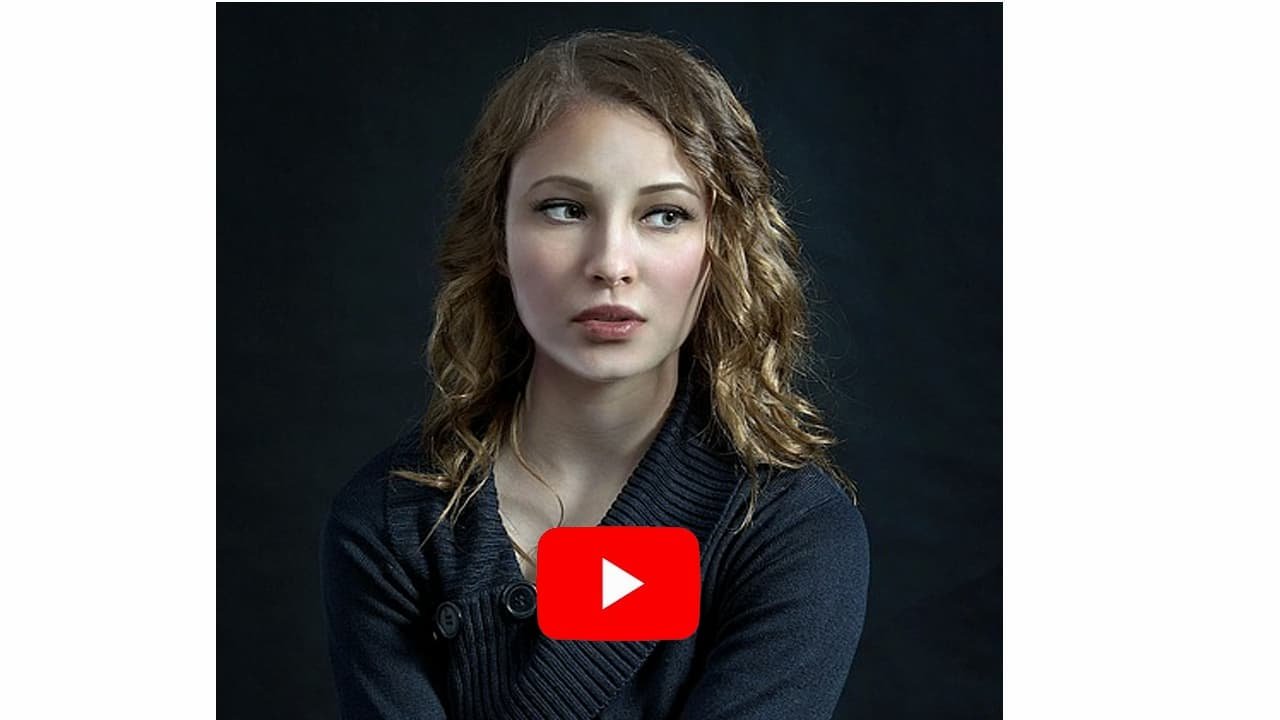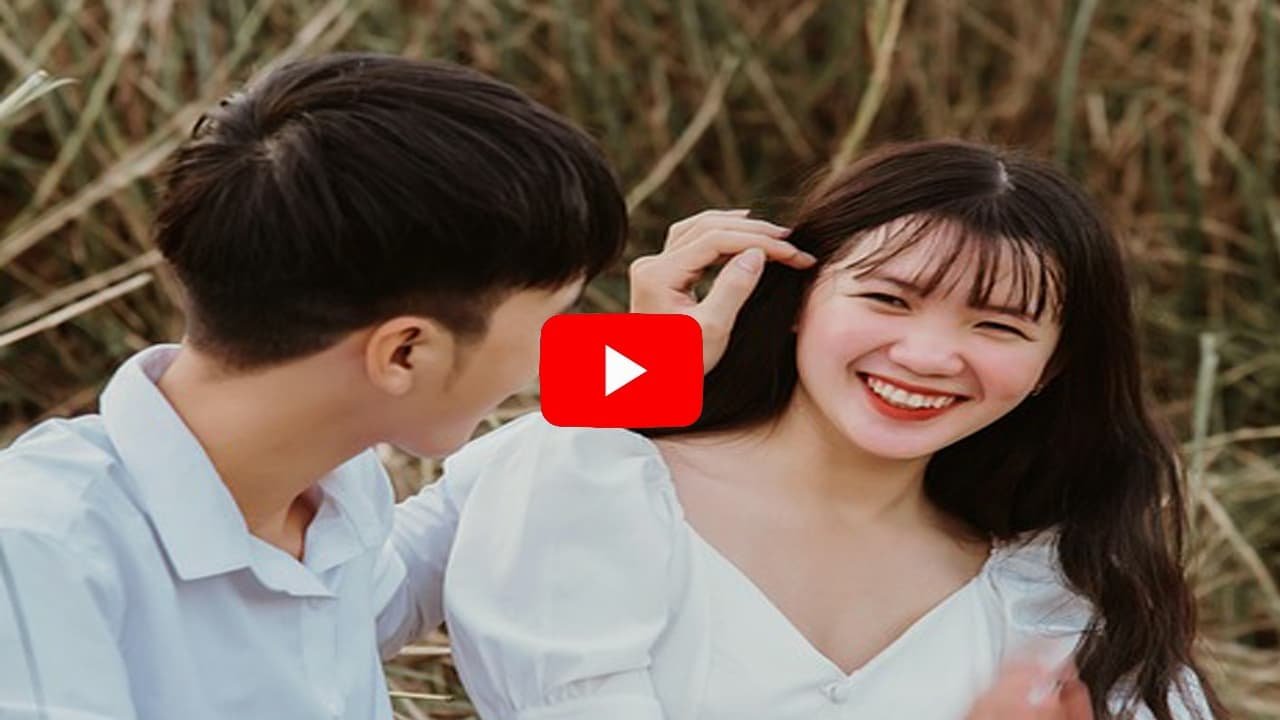Hair Loss Therapy: Addressing the Emotional and Psychological Dimensions for Holistic Healing
Hair loss therapy goes beyond treating physical symptoms—it acknowledges the emotional and psychological impact of hair thinning or baldness. While medical interventions like medications, topical solutions, and hair transplants target hair restoration, many individuals also face feelings of loss, diminished self-esteem, and social anxiety, which can significantly affect overall quality of life. Effective hair loss therapy integrates medical solutions with emotional support, creating a holistic approach to well-being.
1. Emotional and Psychological Support
Personalized counseling is a cornerstone of holistic hair loss therapy. Therapy sessions provide a safe space to:
-
Explore feelings surrounding hair loss
-
Confront negative self-perceptions
-
Develop tailored coping strategies
Behavioral therapy can help address self-image challenges, enabling individuals to reframe negative thoughts and build emotional resilience.
2. Restoring Confidence and Identity
Hair loss often threatens a person’s sense of identity and self-perception. Therapy focuses not only on hair restoration but also on rebuilding confidence and emotional stability. Through compassionate and empathetic care, individuals can regain a sense of control over their self-image, reducing the anxiety and distress commonly associated with hair loss.
3. Holistic Approach to Healing
By combining medical interventions with psychological support, hair loss therapy addresses both the visible and invisible effects of hair thinning. This dual approach empowers individuals to:
-
Enhance self-esteem
-
Cope effectively with social or personal challenges
-
Foster a renewed sense of hope and emotional well-being
Conclusion
True hair loss therapy recognizes that healthy hair growth is only one part of the journey. Supporting the emotional and psychological dimensions ensures that individuals not only improve their physical appearance but also reclaim confidence, self-worth, and overall mental health. A holistic, compassionate approach transforms hair loss therapy into a pathway for empowerment, resilience, and renewal.
Coping with Hair Loss: Strategies for Building Emotional Resilience and Cultivating Self-Acceptance
Coping with hair loss is a deeply personal journey that often involves navigating grief, frustration, anxiety, and social pressures. Given the societal emphasis on appearance and youth, hair loss can affect self-esteem and emotional well-being. Developing effective coping strategies is essential for fostering emotional resilience and cultivating self-acceptance.
1. Normalizing the Experience
Understanding that hair loss is extremely common—affecting millions worldwide—can help reduce feelings of isolation and stigma. Recognizing that you are not alone in this journey can make it easier to seek support and approach the experience with perspective and compassion.
2. Shifting Focus to Internal Qualities
Building a positive self-image involves prioritizing inner strengths over outward appearance. Focus on your personality, talents, core values, and achievements. Engaging in activities that boost self-esteem—such as pursuing hobbies, nurturing social connections, or practicing self-care—can reinforce confidence and emotional stability.
3. Stress Management and Mindfulness
Stress can exacerbate hair loss, both physically and emotionally. Mindfulness practices like meditation, breathing exercises, and yoga are powerful tools to reduce anxiety and cultivate calm. These techniques encourage presence, self-compassion, and acceptance, helping individuals navigate hair loss with greater emotional balance.
4. Seeking Support
Professional guidance through counseling or support groups can provide emotional validation, coping strategies, and perspective. Sharing experiences with others who understand the challenges of hair loss fosters a sense of community and reassurance.
5. Practicing Patience and Self-Kindness
Coping with hair loss is a gradual process that requires patience, kindness, and unconditional self-acceptance. Embracing the journey means recognizing that self-worth is not defined solely by physical appearance and that resilience and self-compassion are key to long-term emotional well-being.
🏆 Don’t wait—start your hair transformation today! Check out these top hair loss solutions.
Hair Loss Support Groups: Building Community and Finding Emotional Solidarity
Support groups play a crucial role for individuals experiencing hair loss, offering a safe space to share experiences, express emotions, and find practical guidance. These communities provide a sense of emotional relief and belonging, reminding participants that they are not alone in their journey.
1. The Power of Shared Experiences
Being part of a support group allows members to exchange personal stories, coping strategies, and tips. Hearing how others have navigated similar challenges can reduce feelings of loneliness, shame, and isolation, and foster confidence in managing hair loss.
2. Emotional Healing and Validation
Support groups offer a platform for validation and encouragement, helping individuals recognize that their emotions—whether grief, frustration, or anxiety—are normal and understandable. Sharing openly in a non-judgmental environment can significantly boost self-esteem and resilience.
3. Practical Benefits and Coping Strategies
Members often share practical advice, from styling options and treatments to tips for managing social situations. Learning from others’ successes and setbacks can enhance coping strategies, making the experience of hair loss more manageable.
4. Where to Find Support Groups
Support communities exist in multiple formats:
-
Local meetups organized by health centers or hair loss organizations
-
Online forums and social media groups
-
Specialized organizations dedicated to hair loss awareness and emotional well-being
5. Collective Strength and Empowerment
The collective empathy and understanding within these groups transform a potentially isolating experience into an opportunity for connection, growth, and empowerment. Knowing others truly understand your journey can help confront fears and insecurities with confidence.
The Interconnection Between Emotional Well-Being and Hair Loss: A Holistic Perspective
Hair loss is not merely a physical change—it carries profound emotional and psychological consequences. The societal emphasis on appearance and youth can intensify feelings of inadequacy, embarrassment, and shame, creating a cycle of emotional distress that may further impact hair health. Understanding this strong link between emotional well-being and hair loss is essential for a holistic approach to care.
1. Emotional Consequences of Hair Loss
Individuals experiencing hair loss often face challenges such as:
-
Low self-esteem and diminished confidence
-
Anxiety about social interactions and appearance
-
Depression stemming from feelings of loss and inadequacy
When these emotions are unaddressed, they can exacerbate stress and negatively influence overall health, potentially contributing to further hair thinning or loss.
2. The Role of Emotional Support
Nurturing emotional well-being can significantly improve the experience of hair loss. Effective strategies include:
-
Counseling and therapy, providing professional guidance to cope with emotional distress
-
Positive affirmations and self-compassion, reinforcing self-worth beyond appearance
-
Social support, through friends, family, or hair loss support groups that offer empathy and shared experiences
3. Building Resilience
Developing resilience involves acknowledging emotions, seeking help when needed, and cultivating a positive outlook despite ongoing challenges. Recognizing that self-worth is rooted in character, actions, and relationships—not just physical appearance—is key to emotional recovery.
4. Holistic Management
A holistic approach integrates both physical and emotional care, emphasizing:
-
Compassion and patience for oneself
-
Ongoing emotional support
-
Strategies to manage stress and maintain mental well-being
By addressing hair loss from a comprehensive perspective, individuals can foster inner strength, self-acceptance, and a healthier relationship with their hair and overall appearance.
Empathy and Understanding: Creating a Compassionate Environment for Those Facing Hair Loss
Empathy and understanding are essential in supporting individuals experiencing hair loss. Societal perceptions and attitudes can either alleviate or exacerbate the emotional burden associated with hair loss. By fostering compassion, we can help create an environment that validates feelings, reduces stigma, and encourages emotional well-being.
1. Educating and Raising Awareness
Creating a compassionate environment begins with education. Friends, family, colleagues, and healthcare providers should be aware of the emotional challenges hair loss can bring, including:
-
Feelings of embarrassment, shame, or grief
-
Anxiety about social interactions or professional settings
-
Decreased self-esteem and confidence
Understanding these challenges encourages respectful, non-judgmental interactions and helps normalize the condition.
2. Active Listening and Emotional Validation
Providing support involves listening attentively and genuinely validating the emotions of those affected. Simple actions such as acknowledging feelings, expressing concern, or offering reassurance can make a profound difference. Feeling seen and heard reduces isolation and fosters emotional resilience.
3. Challenging Misconceptions and Stereotypes
Promoting empathy also requires challenging societal stereotypes and misconceptions about hair loss. Recognizing that hair loss is common, and often outside an individual’s control, helps dismantle stigma and reinforces that self-worth is not defined by appearance.
4. Encouraging Courage and Connection
Sharing personal struggles related to hair loss takes courage. Supporting individuals in this process strengthens social bonds and cultivates mutual understanding. A compassionate approach transforms hair loss from a source of shame into an opportunity for connection, support, and resilience.
By prioritizing empathy and understanding, society can help individuals navigate hair loss with confidence, dignity, and emotional strength, creating a more inclusive and nurturing environment for all.
🏆 Don’t wait—start your hair transformation today! Check out these top hair loss solutions.
YOU MAY ALSO LIKE:
Latest Advances in Hair Loss Research and Treatments: A Comprehensive Overview
Hair Loss Myths Debunked: Facts, Causes, and Effective Solutions
Early Signs of Hair Loss You Shouldn’t Ignore for Healthy Hair
Effective Natural Ways to Combat Hair Loss: Tips for Healthy, Strong Hair
Understanding Hair Loss in Men and Women: Key Differences, Causes & Solutions
Supporting Loved Ones with Hair Loss: A Compassionate Guide to Emotional Care








[…] Understanding the Emotional Impact of Hair Loss: Coping, Support, and Solutions […]
[…] Understanding the Emotional Impact of Hair Loss: Coping, Support, and Solutions […]
[…] Understanding the Emotional Impact of Hair Loss: Coping, Support, and Solutions […]